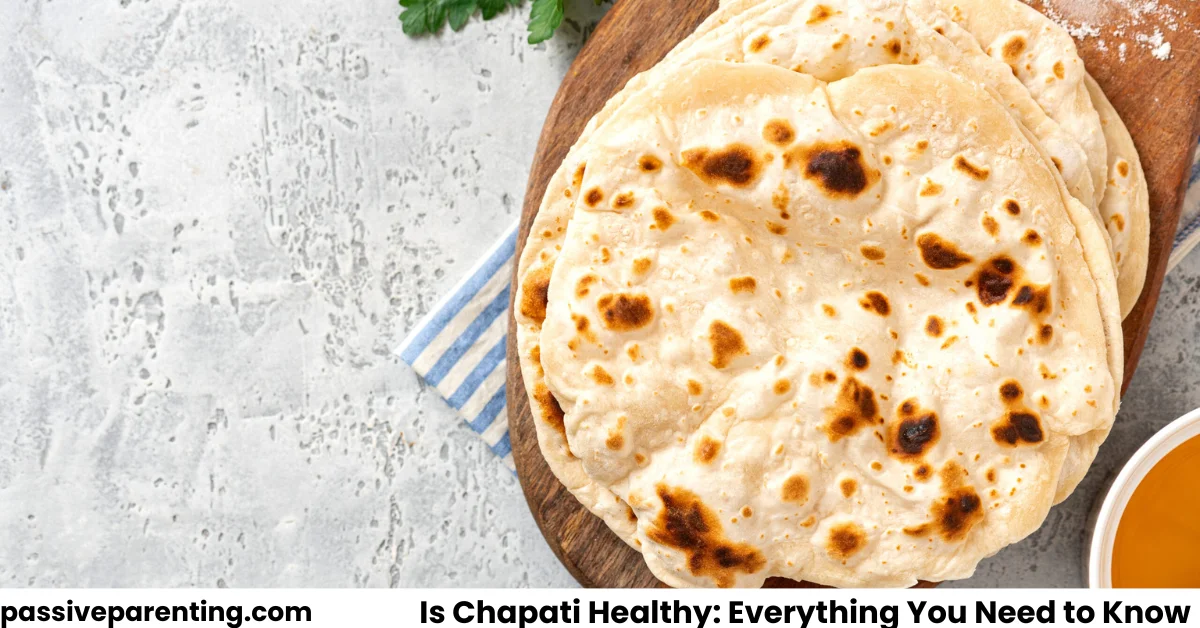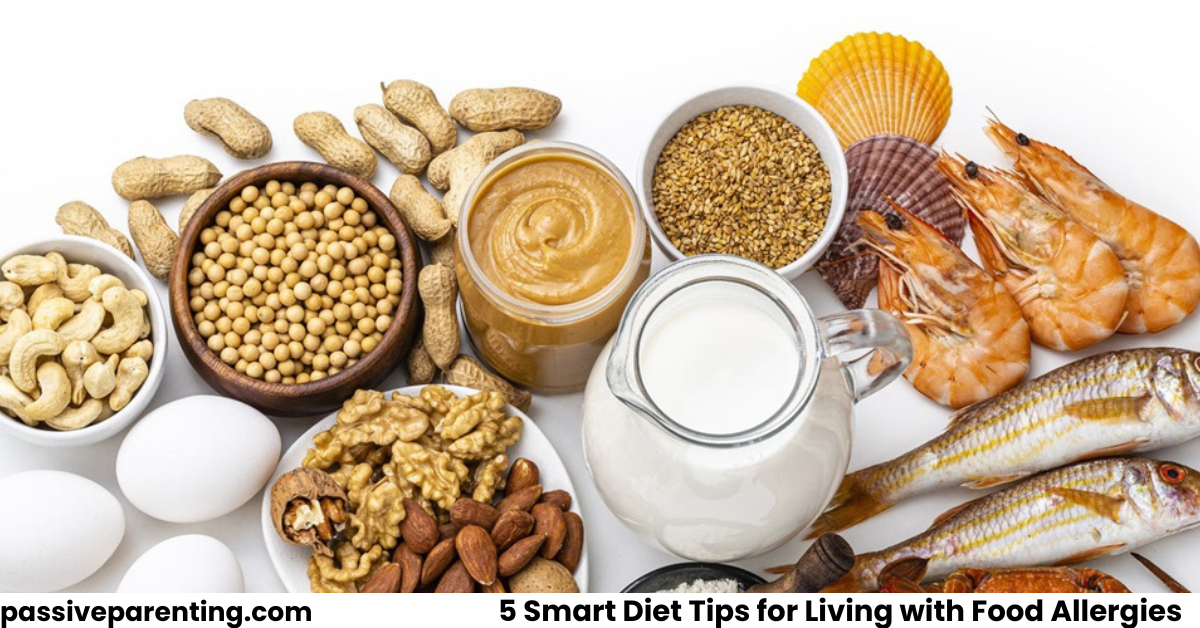Pregnancy cravings can feel overwhelming. For some moms-to-be, the thought of tacos, baked potatoes, or nachos is not complete without a spoonful of sour cream. But with all the advice about foods to avoid during pregnancy, you may find yourself wondering: Can you eat sour cream while pregnant?
This is more than just a casual question. Food safety during pregnancy is critical because your immune system is more vulnerable, and certain bacteria can harm both you and your baby. Let’s explore whether sour cream is safe, what risks exist, and how to make smart choices for a healthy pregnancy.
Can You Eat Sour Cream While Pregnant?
The quick answer is yes—if the sour cream is pasteurized.
- Pasteurized sour cream (the kind sold in supermarkets) is generally safe for pregnant women when eaten in moderation.
- Unpasteurized or raw sour cream, often found in homemade versions or specialty markets, should be avoided.
According to the Centers for Disease Control and Prevention (CDC), unpasteurized dairy can carry Listeria monocytogenes, a bacteria that may cause listeriosis, a foodborne illness especially dangerous during pregnancy.
Why Pasteurization Matters in Pregnancy
Pasteurization is a process of heating dairy to kill harmful bacteria while keeping the food safe and shelf-stable. This step makes sour cream safe to consume during pregnancy.
The NHS advises that pregnant women should avoid all unpasteurized dairy, including milk, cheese, and cream products, to reduce the risk of listeria infection.
Key takeaway: Always check the label. If the sour cream is labeled pasteurized, it is considered safe for pregnancy.
Risks of Eating Sour Cream While Pregnant
Although pasteurized sour cream is safe, there are a few risks to keep in mind.
1. Listeria from Unpasteurized Sour Cream
Listeriosis is rare but serious. Symptoms include fever, fatigue, and muscle aches, and in pregnancy, it can lead to miscarriage, stillbirth, or preterm labor.
2. High Fat and Calories
Sour cream is high in saturated fat. Overeating it can contribute to excessive weight gain, which may increase pregnancy complications such as gestational diabetes or hypertension.
3. Foodborne Illness from Improper Storage
Even pasteurized sour cream can grow harmful bacteria if left out too long. Dips and buffet-style dishes with sour cream are risky if not refrigerated.
How to Eat Sour Cream Safely During Pregnancy
You don’t have to give up sour cream completely. Follow these tips to enjoy it safely:
- Choose pasteurized brands – most store-bought sour cream is pasteurized.
- Check the use-by date – don’t consume expired sour cream.
- Store correctly – refrigerate promptly after opening.
- Avoid sitting out dips – discard any sour cream dip that has been unrefrigerated for more than two hours.
- Watch portion size – use small amounts as a topping, not as the main ingredient.
Can You Eat Sour Cream Dip While Pregnant?
This is a popular question because dips often appear at parties or gatherings.
- Homemade dips may use unpasteurized cream or raw ingredients—best to avoid unless you know they’re safe.
- Store-bought dips that are pasteurized are safe, but be cautious about how long they’ve been out of the fridge.
Is Sour Cream Safe in the First Trimester?
Yes, sour cream that is pasteurized is safe at all stages of pregnancy.
However, the first trimester is the most critical time for fetal development, and listeriosis can be particularly dangerous early on. For this reason, it’s even more important in the first trimester to avoid unpasteurized dairy.
Nutritional Benefits of Sour Cream in Pregnancy
When consumed in moderation, pasteurized sour cream can offer some benefits:
- Calcium for strong bones and teeth.
- Protein to support fetal growth.
- Vitamin A for immune and eye health.
Still, sour cream is not a nutrient-dense food compared to other dairy options. It’s best used sparingly as a garnish rather than a major dietary source.
Healthier Alternatives to Sour Cream During Pregnancy
If you’re looking for lighter or safer options, try these substitutes:
- Greek Yogurt – high in protein, often pasteurized, and similar in texture.
- Cottage Cheese – a good source of calcium and protein (choose pasteurized).
- Plain Yogurt-Based Dips – a healthier alternative for parties.
- Avocado – creamy, nutrient-rich, and naturally safe.
The American College of Obstetricians and Gynecologists (ACOG) recommends choosing nutrient-rich dairy and calcium-rich foods during pregnancy to support both mother and baby.
Quick Tips Box: Sour Cream and Pregnancy
- Pasteurized sour cream is safe during pregnancy.
- Unpasteurized sour cream increases listeria risk.
- Don’t eat sour cream dips left out for more than 2 hours.
- Moderation matters—sour cream is high in fat.
- Consider Greek yogurt as a healthier alternative.
Conclusion: Sour Cream Can Be Part of a Safe Pregnancy Diet
So, can you eat sour cream while pregnant? Yes, as long as it’s pasteurized and consumed in moderation. The real risks lie in unpasteurized dairy, poor storage, or overindulgence.
Pregnancy should be about balance, enjoying your favorite foods safely while focusing on nutrient-rich choices. Sour cream can be a small part of that, especially when paired with healthier alternatives and mindful food safety practices.
If you’re ever in doubt, talk to your doctor or midwife. They can give personalized advice that fits your health needs and cravings.




